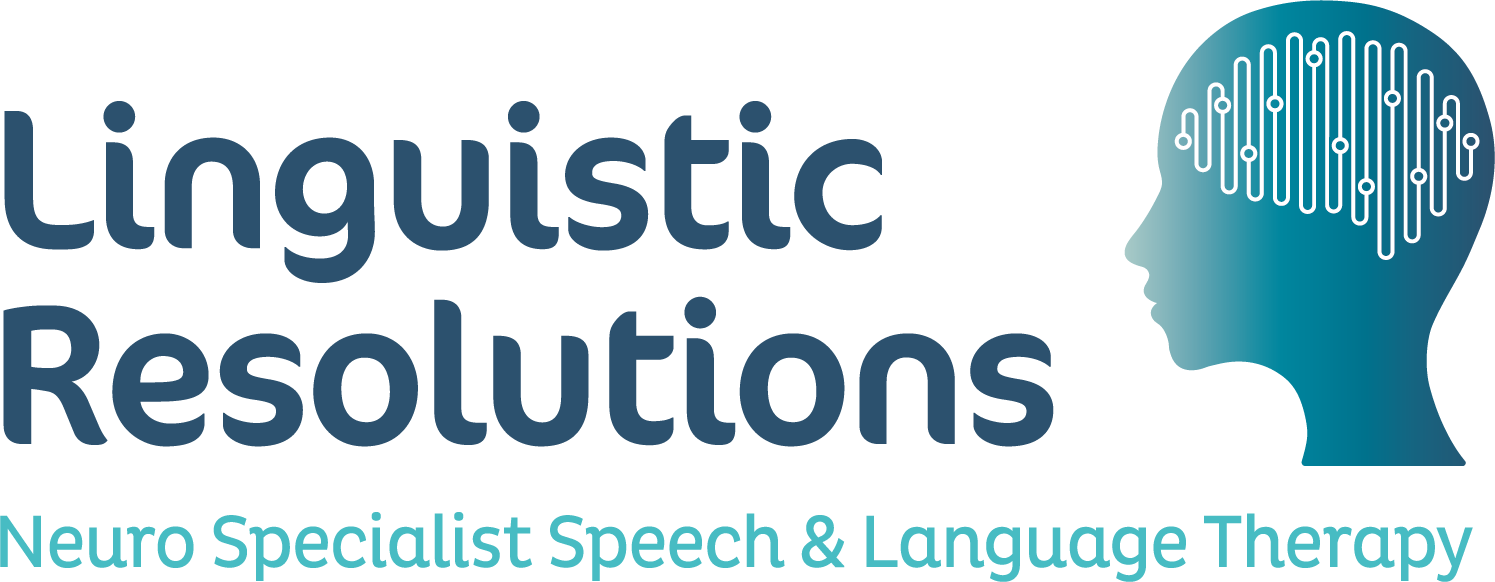Who We Treat
We work with clients of all ages who have a neurological cause for changes in communication and swallowing.
Adult Clients
We work with clients with acquired brain injuries (ABI) which may have been caused by motor vehicle injuries, sports injuries, falls, stroke, seizure, surgery or infection. Our clients include those who have sustained:
Traumatic Brain Injury / TBI (i.e caused by an outside force; some kind of blow to the head):
Closed head injuries - these are the most common kind. The ‘closed’ means simply that there isn’t a break in the skull, and the brain is not exposed.An example might be a collision in a car, where the car stops very suddenly.
Open or penetrating injuries - these are less common. The ‘open’ means that the skull is cracked and the brain is exposed. This might have happened in some kind of collision / impact or a great force, such as an explosion or a gunshot wound.
Crushing injuries - these are the least common kind of TBI. These happen when the head is caught between two hard objects. Usually, the skull and the nerve cells of the brain stem are damaged in this kind of injury.
Non -Traumatic Brain Injury (i.e result of things going on inside the body rather than a blow to the head).
Hypoxic brain injury occurs where there isn't enough oxygen going to part of the brain.
Anoxic brain injury is when there is an absence of oxygen in a part of the brain.
The process of breathing carries oxygen around our bodies in our blood, so these kind of injuries can happen in any circumstances where breathing is affected. This might be: near drowning, a severe asthma attack, smoke inhalation, choking. Other causes might be: heart problems, poisoning, inhalation of carbon dioxide.
CVA (Stroke) - where the blood supply to the brain is restricted or stopped in the form of:
Ischaemic (blood supply stops due to a clot) or
Haemorrhagic (a weakened blood vessel supplying the brain bursts).
Neurological diseases such as:
Parkinson’s Disease
Motor Neuron Disease
Multiple Sclerosis
Huntingdon’s Chorea
Primary CNS / Brain tumours
Guillain Barre Syndrome
Neurological infection such as:
Meningitis
Encephalitis
Spinal cord injury (damage to the spinal cord that blocks communication between the brain and body).
These conditions can lead to some specific disorders of speech, language and swallowing.
Paediatric Clients
We work with children with a wide range of acquired neurological conditions that cause communication & swallowing disorders including:
Traumatic brain injury
Immune disorders such as autoimmune encephalitis
Meningitis
Childhood stroke
Epilepsy
Cerebral palsy
Brain tumour
Spina bifida
Hydrocephalus
Spinal injury
These conditions can lead to some specific disorders of speech, language and swallowing.



